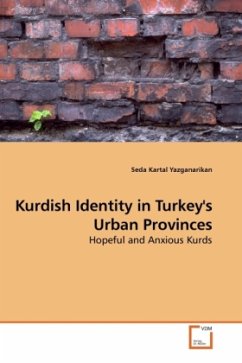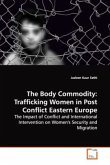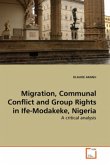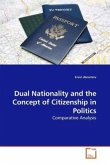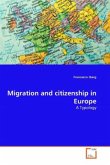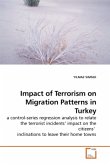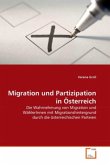Although there have been recent efforts to widen cultural freedoms to Turkey's Kurds and improve socio-economic conditions of the Kurdish region, the legacy of assimilation policies still linger. One way to measure assimilaton policies is the level of ethnic identity felt by Kurds, with the assumption that high levels of identity indicate failure of government's objectives to assimilate. The study conducts a survey of a non-random sample of 78 Kurds in three provinces of Turkey. Since the sampling is non-random and sample size is small, the results are only suggestive. The study uses a model linking identity with emotions. It posits that Kurdish identity can be measured by reference to emotions of hope and anxiety. Theories of ethnic identity, role of emotions, history of Kurds, methodology used and the analysis of data compose this study. The assessment of Kurds' emotional reactions toward socio-economic reforms and assimilation policies would give insight to decision makers in the government and policy analysts to make receptive policies with elements of tolerance for ethnic groups and consequently to strengthen the liberal democracy in Turkey.

